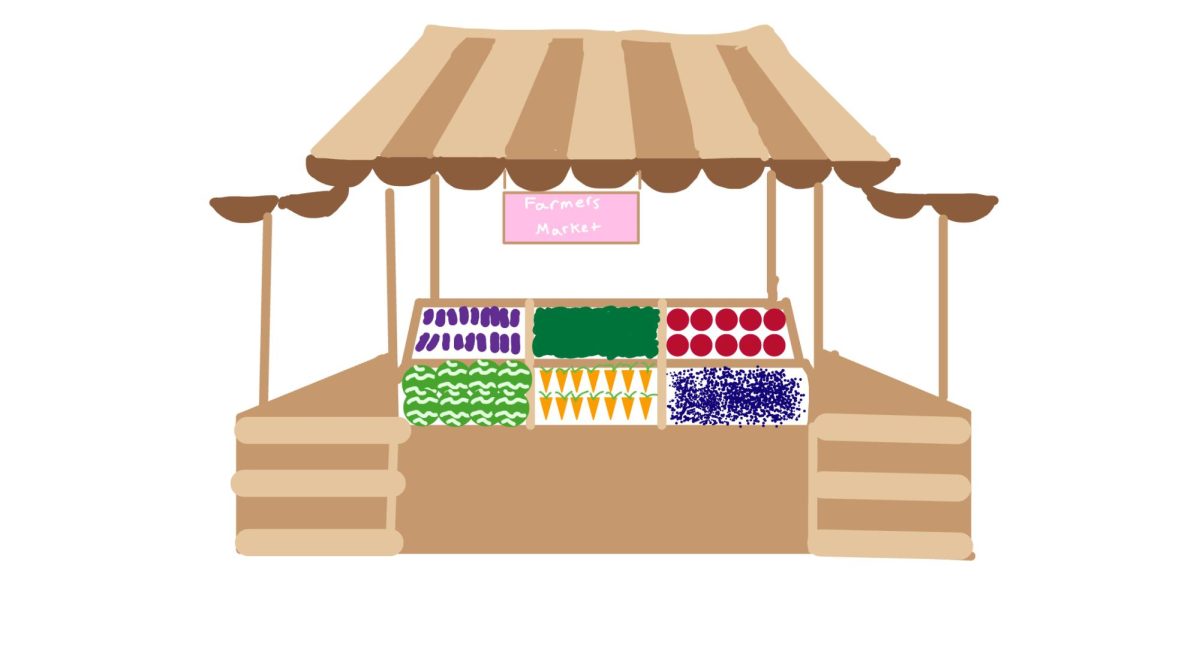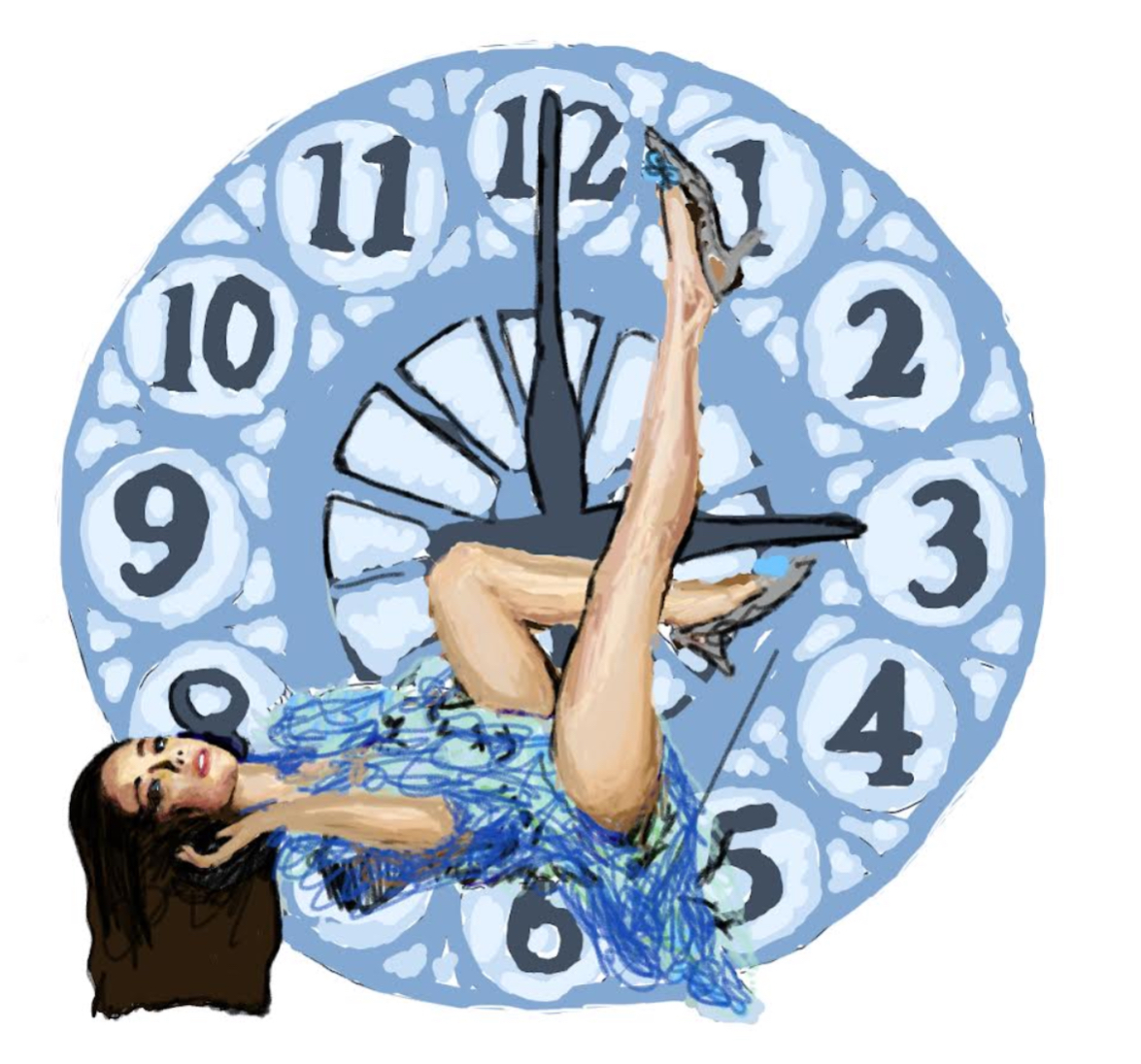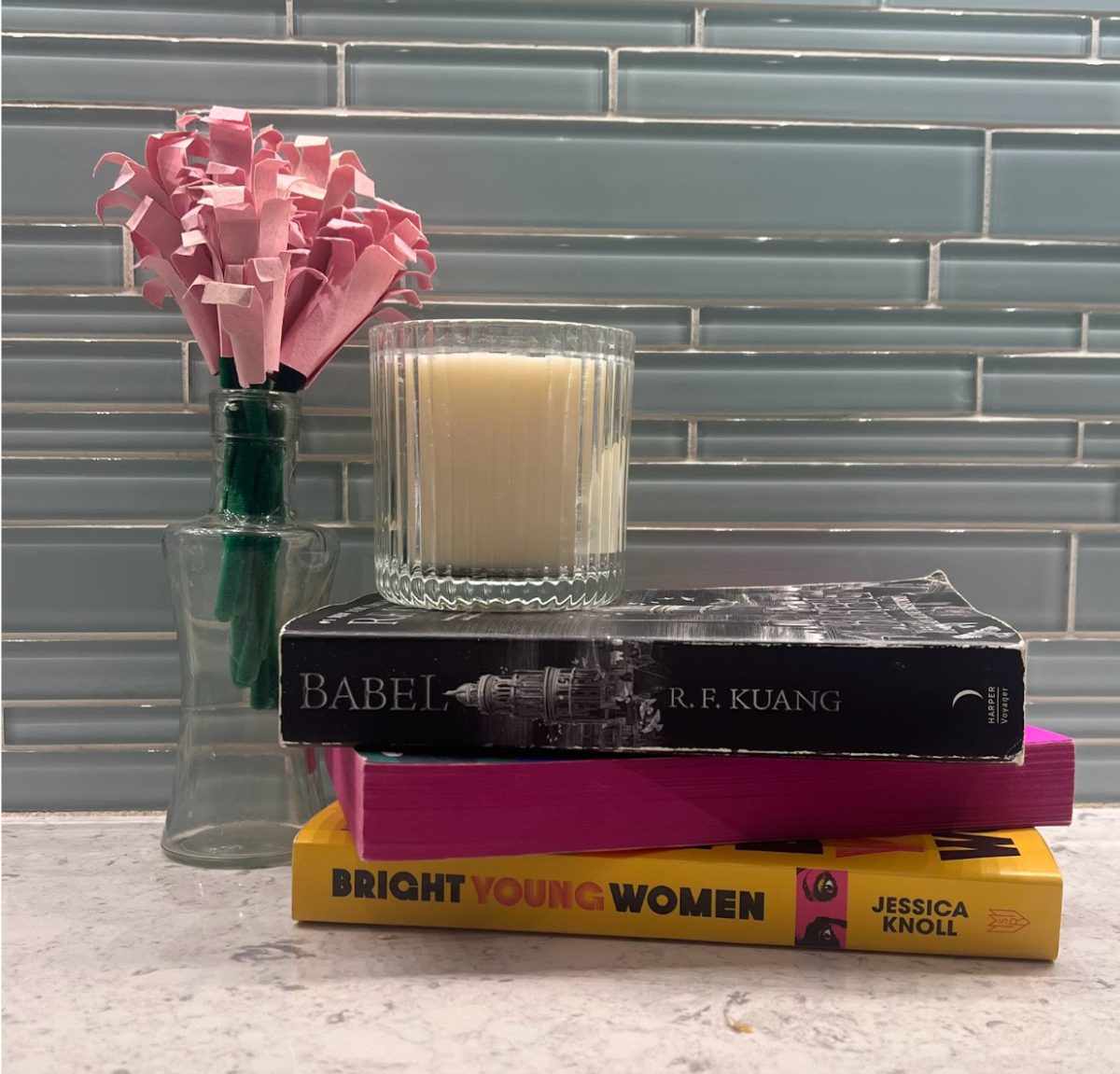By the time December rolls around, approximately 85% of Americans only have one thing on their mind—Christmas. Whether you are surrounded by piles of tinsel and ornaments, or stuck listening to Mariah Carey in department stores, this merry winter holiday seems impossible to escape from. But Christmas is far from the only celebration worth highlighting this season, so let us check out what other guests are showing up to our Winter Holiday Round Table.
Name: Bodhi Day
Arriving: Dec 8 (Solar Calendar), Jan 7 (Lunisolar Calendar)
Bringing: Tea, cakes, and Bodhi tree plantings
Bodhi Day’s origins began around 2,500 years ago with the enlightenment of Siddartha Gautama—marking his awakening into becoming the Buddha. His achievement of enlightenment, also known as bodhi, is commemorated by Buddhists around the world. Bodhi Day observances might include meditation; the study of dharma (the universal truth or law) and the chanting of sutras (Buddhist texts); or the planting of Bodhi trees followed by tea ceremonies.
In an interview with NBC Los Angeles, Manuel Lopez, Professor of Buddhist Studies and religion at the New College of Florida, said, “some decorate trees with colorful lights or candles, symbolizing Buddha’s enlightenment, and have special family meals. Others engage in acts of kindness and generosity (dana) to reflect on the Buddha’s teaching and improve their karma.”
Name: Día de la Virgen de Guadalupe (Day of the Virgin of Guadalupe)
Arriving: Dec 12
Bringing: Firecrackers, Bunuelos, and a spirited singing voice
The Day of the Virgin of Guadalupe is all about commemorating the Virgin Mary, the patron saint of Mexico, known as the Lady of the Americas. For many Catholic Mexicans, December 12th is a day for feasts, singing, and displays of faith.
Ethnic Studies teacher, Ms. Lorenzano was able to provide some background on the holiday.
Lorenzano said, “I am familiar with Las Posadas and Día de la Virgen de Guadalupe. Both of these holidays are primarily celebrated by Catholic Latinos… Día de la Virgen de Guadalupe, observed on December 12th, commemorates the Virgin Mary’s appearance to Juan Diego.”
Name: Zartosht No-Diso
Arriving: Dec 26
Bringing: Remembrance, Prayer, and Temple Visits
Unlike the other holidays at the table, Zartosht No-Diso represents a day of mourning for Zoroastrianists. December 26th marks the passing of the Prophet Zarathustra, the faith’s founder. However, for many practitioners, honoring the Fravashi (higher soul or essence) of the deceased is preferred to heavy mourning. The day might be spent with others, taking time to remember the life and works of the Prophet.
Name: Kwanzaa
Arriving: Dec 26 – Jan 1
Bringing: First Harvest Feasts, Storytelling, and a Kinara candle-holder
Kwanzaa was actually first coined by Dr Maulana Karenga, professor of Black Studies at CSU Long Beach in 1966. In an effort to unite African Americans together after the LA Watts Rebellion (a series of riots in predominantly Black LA neighborhoods), Karenga combined a series (groups ranging from Ashanti to Zulu) of African harvest celebrations to form one week of holiday. While many might consider the Kinara candle-holder reminiscent of Hanukkah’s menorah, the seven candles present each have their own meaning. The centerpiece alludes to Nguzo Saba, or the seven principles: Umoja (Unity), Kujichagulia (Self-determination), Ujima (Collective Work and Responsibility), Ujamaa (Cooperative Economics), Nia (Purpose), Kuumba (Creativity), and Imani (Faith). Their individual lighting each night presents the opportunity to reflect on their purpose and true meaning.
When we refer to this holiday in the future, understand that it can be a larger umbrella term for a number of African historical celebrations occurring, but also an example of how modern-day movements adopt strength from practices of cultural heritage.
Name: Hanukkah
Arriving: Dec 25 – Jan 2
Bringing: Latkes, Eight Nights of Gifts, and a Menorah lighting
The origins of Hanukkah began over 2,000 years ago. As the Greek king Antiochus tried in vain to make the Jewish people pray to his gods, they resisted. After a three-year war, the Maccabees (a group of the Jewish resistance) came out victorious. Even in the shambles of their temple, the victory was celebrated with the lighting of an oil lamp. Though there was supposed to be only enough oil for one day of burning, the lamp continued to light for the next eight days. Today, this holiday commemorates that memory with the nightly lighting of the Menorah. Eight candles for the eight days the oil lamp stayed burning. Each night, families spend time together giving gifts, playing games like dreidel, and feasting on everything from latkes to matzah balls.
Junior and Jewish Club member Gemma Cooper said, “I think it’s so special. I love how even though it’s pretty different to Christmas, it has the same spirit. I think it’s also kinda fun how it changes, it’s never the same eight days. It’s like an indecisive holiday, you adjust to it.”
Despite the wide-ranging collection of holidays at this table, if there is one thing all these traditions have in common, it is connection. Whatever background, or history you are bringing to the table, this time of the year is all about getting together. No matter what holiday you celebrate this winter, remember to share it with the ones you love most. Happy Holidays Royals!








